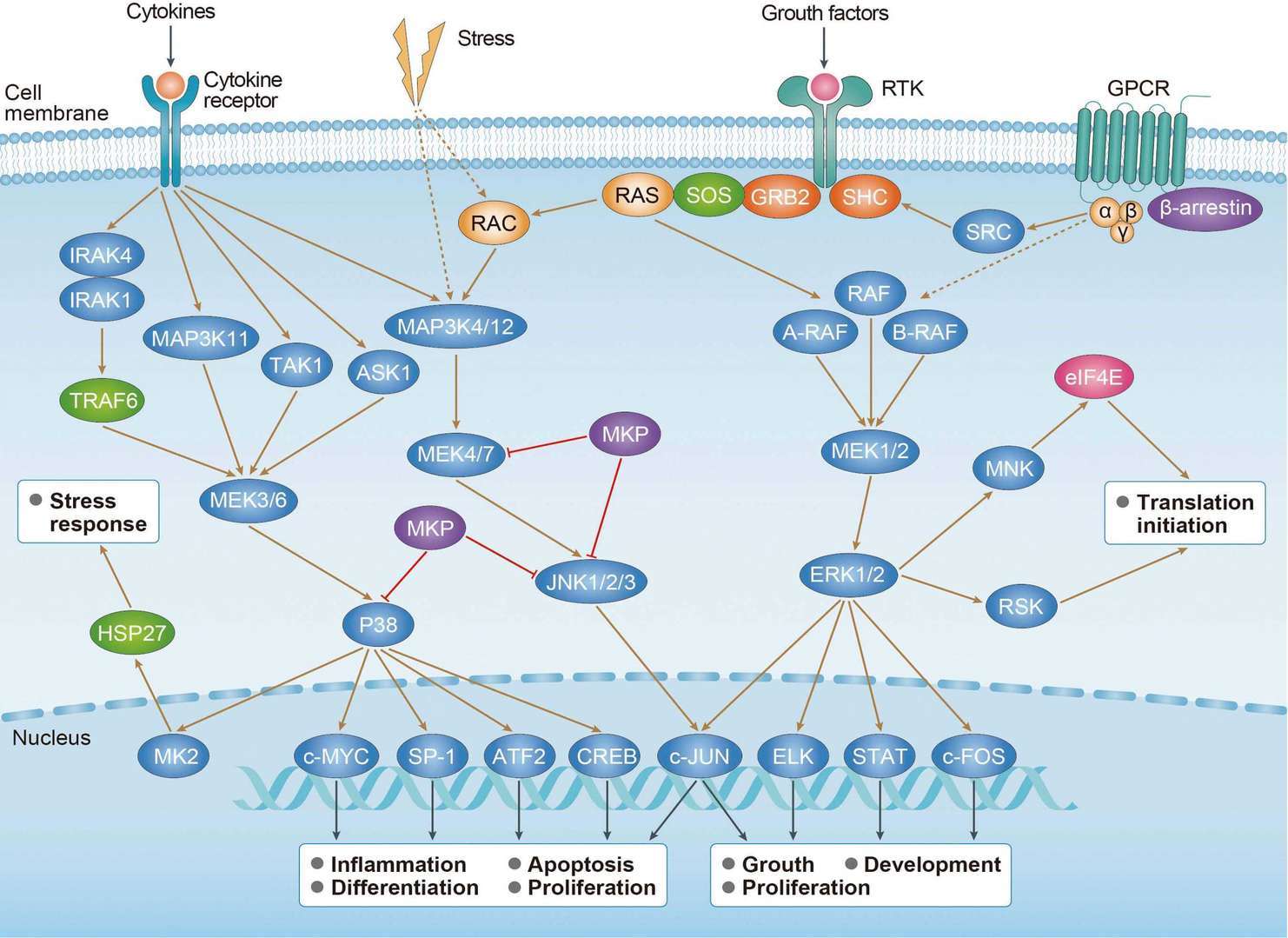 Loading...
Loading...

AKAP5
 Loading...
Loading...Anti-AKAP5 Products
-
- Scaffold Name: SH3 domain
- Target: AKAP79
- Species Reactivity: Human
- Derivation: Yeast Two-hybrid
Can't find the products you're looking for? Try to filter in the left sidebar.Filter By Tag
Our customer service representatives are available 24 hours a day, from Monday to Sunday. Contact Us
For Research Use Only. Not For Clinical Use.
Background
Plasma proteins, Transporters
Intracellular
Cell type enhanced (granulocytes, Intestinal goblet cells, Excitatory neurons, NK-cells, dendritic cells)
Immune cell enriched (basophil)
Cell line enhanced (CACO-2)
Binding protein for dimer of the RII-beta regulatory subunit of cAMP-dependent protein kinase (PKA) and also for the protein kinase C (PKC) and the phosphatase calcineurin (PP2B). Each enzyme is inhibited when bound to the anchoring protein. Also binds the beta2-adrenergic receptor. Part of a complex containing AKAP5, ADCY5, ADCY6 AND PDE4C (By similarity). Interacts with ADCY8, and enhances its phosphorylation at lipid rafts.
Calmodulin-binding


 cAMP Signaling Pathway
cAMP Signaling Pathway

